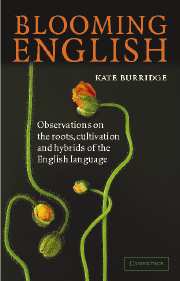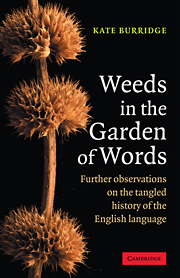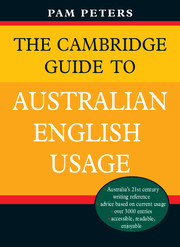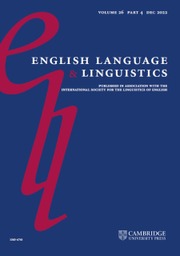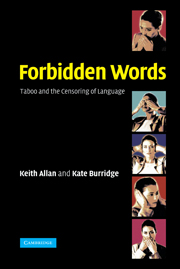Blooming English
English is the most creative, changeable and imaginative of languages. Some words are invented to meet temporary needs and are quickly discarded; others carry meanings hundreds of years old. Language fascinates us, and we spend a lot of time playing with it, concocting everything from puns, riddles and secret languages to wonderful prose and poetry. We also worry about it a great deal, looking up and checking words in dictionaries and usage guides, occasionally arguing about definitions. This book celebrates our capacity to play with language, as well as examining the ways we use it: in slang and jargon, swearing, speaking the unspeakable, or concealing unpleasant or inconvenient facts. It is a book for browsing, for finding beguiling snippets about language, history and social customs, and a formidable weapon in word games.
- A book for all lovers of the English language
- Focuses on the quirks and oddities of English and explains how they came about
- Easy and enjoyable to read; genuinely accessible to the non-linguist
Reviews & endorsements
"Unique among books about the social aspects of the English language published in this decade, this work combines an impressive breadth and depth of learning with a common touch and a readable style." Library Journal
"Popular treatments of English usage abound. But this book brings a fresh perspective to the topic drawing an analogy between 'weeds' in a garden and so-called errors of English usage. This metaphor is sustained throughout the book and really helps the reader understand that many usages that we condemn as 'weeds' (e.g. ain't or double negatives) were at one time quite ordinary members of the linguistic 'garden'." Charles F. Meyer, University of Massachusetts
"Popular treatments of English usage abound. But this book brings a fresh perspective to the topic drawing an analogy between 'weeds' in a garden and so-called errors of English usage. This metaphor is sustained throughout the book and really helps the reader understand that many usages that we condemn as 'weeds' (e.g. ain't or double negatives) were at one time quite ordinary members of the linguistic 'garden'." Charles F. Meyer, University of Massachusetts
Product details
June 2004Hardback
9780521839488
252 pages
221 × 144 × 19 mm
0.467kg
Available
Table of Contents
- 1. Why a garden?
- 2. The complexity of language
- 3. Language change
- 4. Word creation
- 5. Meaning shifts
- 6. Relics of linguistic change
- 7. The nature of exotics
- 8. Bad language
- 9. Colloquial today, Standard English tomorrow
- 10. Our untidy English
- 11. Sound symbolism
- 12. What is correct English?
- 13. Dictionaries, style guides and grammars
- 14. Personal names
- 15. Dirty words
- 16. Taboo language
- References
- Index.

